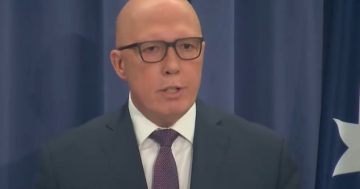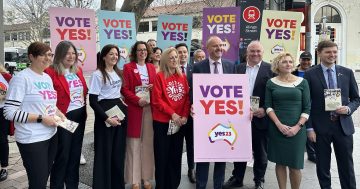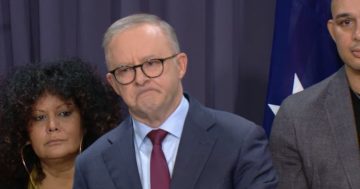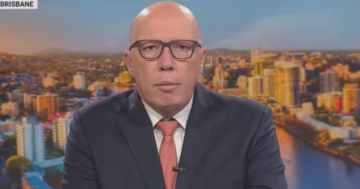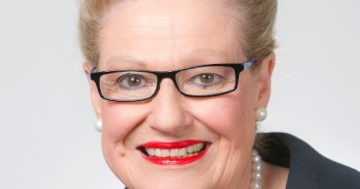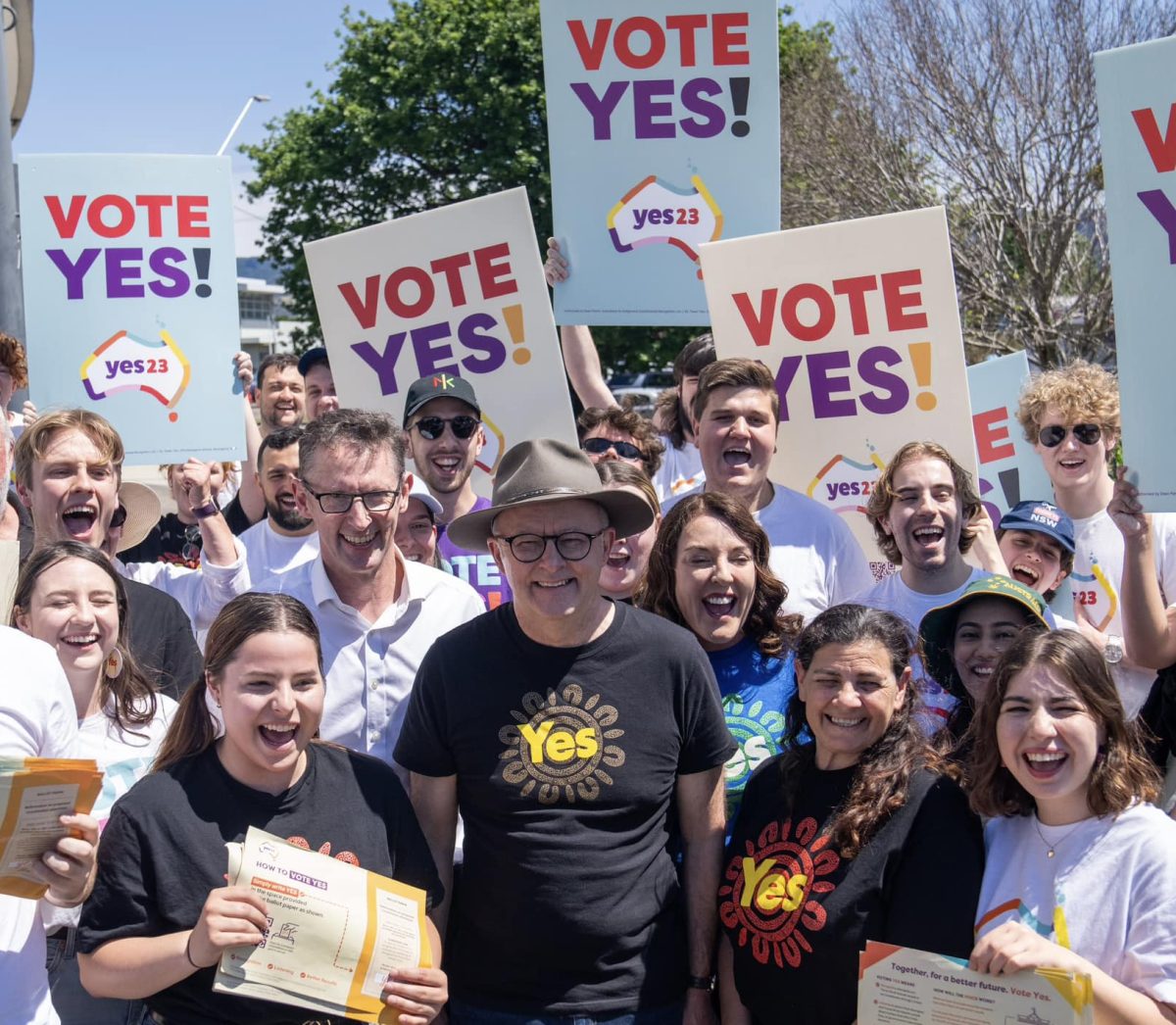
The PM has some soul-searching to do after Saturday’s emphatic referendum defeat. Photo: Anthony Albanese Facebook.
The red dust is still settling, but the nation knew pretty soon after polls closed on Saturday (14 October) that it had said no to recognising First Nations people in the Constitution and giving them a voice to parliament.
And it was a pretty emphatic no.
As heartening as it is to know that Canberra bucked the trend, the nationwide result must be accepted and a new way forward found.
But therein lies the question of what that new way forward might look like.
The referendum’s result doesn’t bode well for progressive policy-making across the spectrum.
It seems it’s now easy to dismiss big ideas that aim high for better outcomes.
We can expect that no one will be brave enough in the near future to propose a new referendum on Australia becoming a republic.
Something as plainly clear as Australia being a grown-up nation with its own head of state residing in this country without archaic ties to a monarch on the other side of the world would be easily manipulated (again) by fear-mongering and petty politics.
Of course, we can forget another Voice referendum, too.
But it goes much deeper than those two examples.
Australia has just entered a zone of timidity when it comes to devising policy.
There are already calls for Anthony Albanese to resign over the referendum’s result. While very few are taking those calls seriously (yet), we shouldn’t expect the Prime Minister to be rushing to present big, bold policy ideas on any front for a while.
He’s just had his tail whipped and the Labor Party is licking its wounds.
Indeed, rightwing plotters within the ALP have already begun to see what ground they can secure within the party since Saturday’s results. Those people should pull their heads in for the sake of the country and some stability going forward.
What can Labor do? It can’t lurch further to the right – the Coalition has that ground sewn up.
But neither can it move to the left. Saturday’s result put paid to that.
At best, we will see a cycle of bureaucracy that throws up policy ideas only to bury them quite quickly.
There can’t be much in this for the Liberals either.
The Coalition did well (not good), turning what should have been a straightforward idea into a political fight. But while the fear-mongering worked, it’s hardly likely to win them the next election.
Teal independent constituents voted in favour of the Voice and the Coalition needs to win some of them back if it wants to regain office.
The Coalition’s approach to the referendum secured the result it sought, but it also exposed more of how it operates.
Voters can naturally differentiate between a referendum and a federal election.
There are very few moderates left in the Coalition and this referendum debate has pretty much quashed the few who remained. That delights the hardliners, but it won’t endear the wider electorate.
The irony now is that some of the fears the no camp fermented in the minds of Australians could actually come to pass – not because they voted yes, but because they voted no.
Walking together for a better future was rejected, but that doesn’t mean First Nations people will now lie down and be quiet.
But possibly a greater tragedy is that big thinkers, progressive minds and bold policy across almost every area of government have been stared down.
Policy has just been straight-jacketed.













